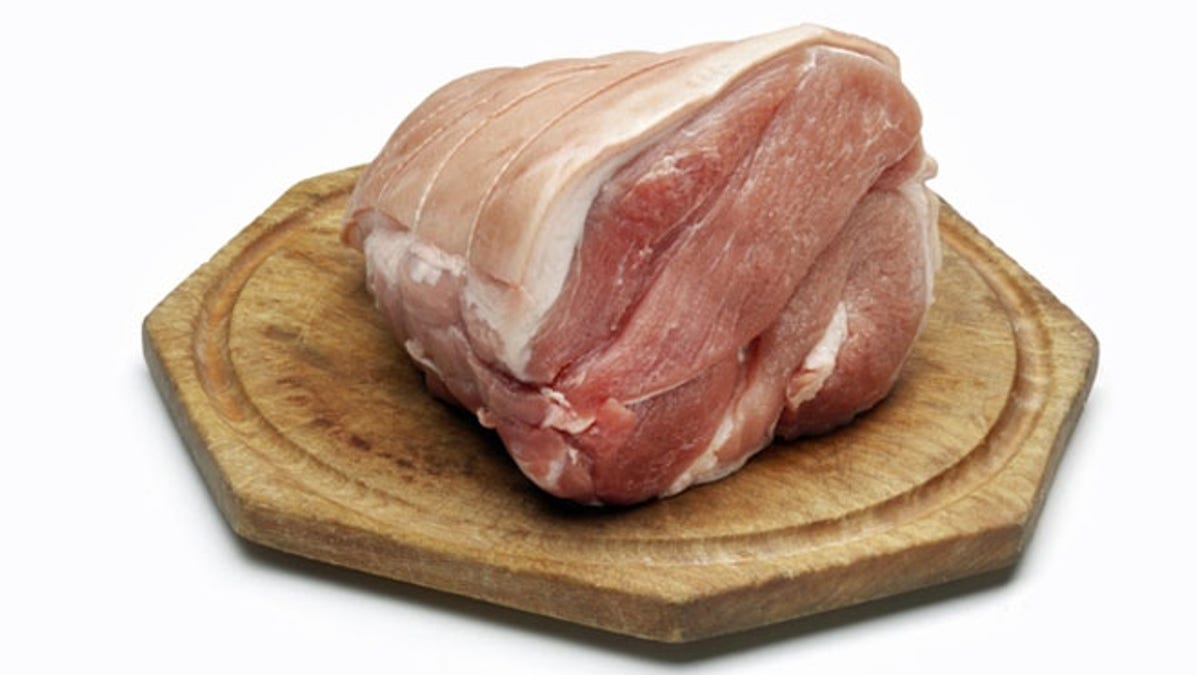
(iStock)
Two cars in the garage, four bedrooms, three baths, 1.5 kids, a college fund for when they grow up, and a roast in the oven every Sunday — that's the American dream, right? We can't really help with the first five things, but the very last item on that list is something we can help with. And often, help really is needed, because people treat their oven like a magic box.
Sometimes, what comes out of that magic box, though, isn't very magical. Where do home cooks go wrong? Here, we will walk through the common mistakes that home cooks make when cooking a roast, whether it's a roast leg of lamb; a rich, fatty prime rib; or a humble pot roast that can be turned into many meals later on in the week.
To get some expert help, we turned to Alain Allegretti, chef and owner of Bistro La Promenade in New York City. After all, who better to ask than a classically trained chef serving traditional bistro fare? Allegretti offered six simple pieces of advice that may just surprise you. So what are you waiting for? Read up, and get ready to enjoy a succulent, juicy, and flavorful roast.
Take Off the Chill
"When preparing your roast, the meat should always be at room temperature," says Alain Allegretti, chef and owner of Bistro La Promenade in New York City. This is a common mistake among home cooks. If you don't take off the chill, the outside of the roast will cook much faster than the inside, potentially leaving you with a fully cooked exterior and a raw center, especially with a larger roast.
Choose the Right Salt
"While preparing, one of the biggest problems most home [cooks] have is using the wrong grain salt to season," says Allegretti. "Smaller roasts require a smaller grain of salt because it melts faster and is absorbed into the meat quickly. For larger roasts, like a prime rib, use a rock or sea salt to ensure a good crust, and a longer absorption time into the meat."
Hold the Pepper
"Do not use pepper in the beginning of your preparation. Pepper has a tendency to burn at high temperatures, and leaves a bitter taste," advises Allegretti.
See all of the tricks to making a perfect roast here
More from The Daily Meal
10 Immune-Boosting Foods
10 Classic American Desserts
20 Tips for How to Be a Better Home Cook
America's 25 Favorite Home-Cooked Dishes